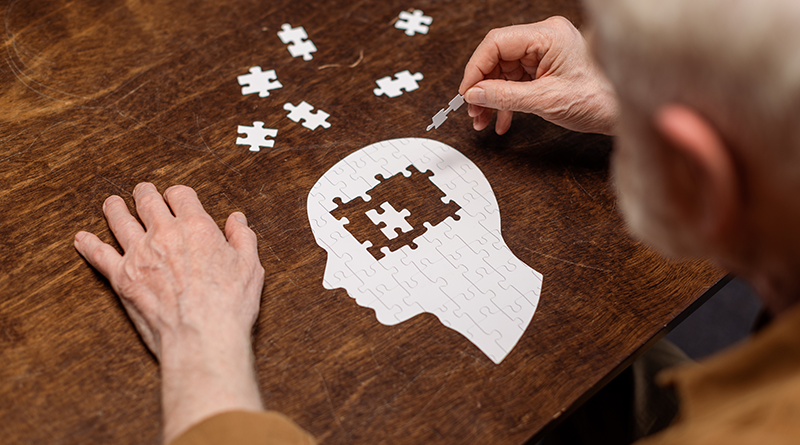Just Six In Ten Adults Realise Dementia Is A Cause Of Death, New Polling Shows
A new nationwide poll has revealed that only six in ten UK adults* (60%) realise that dementia is a cause of death – despite it being the biggest killer in the UK.
Dementia is a condition caused by diseases that affect the brain, the most common being Alzheimer’s disease. As diseases like Alzheimer’s progress, areas of the brain that control vital functions, such as swallowing and breathing, become damaged. This means that dementia can lead to death in several ways, including by triggering pneumonia, heart problems and serious infections.
However, many people are still not aware of the devastation caused by dementia. That’s why Alzheimer’s Research UK commissioned the poll to help understand public attitudes towards dementia, and identify the challenges faced in transforming them.
Commenting on the new findings, Samantha Benham-Hermetz, Executive Director of Policy & Communications at Alzheimer’s Research UK, said: “It’s shocking that just six in ten people realise dementia is a cause of death, despite it being the biggest killer in the UK.
“Alzheimer’s Research UK is committed to building understanding of the condition by shining a light on the impact it has – and the hope that lies in research. Through raising awareness, we hope more people will support our search for a cure so we can end the heartbreak of dementia once and for all.”
The results have been published in Alzheimer’s Research UK’s Dementia Attitudes Monitor, a comprehensive survey of public perceptions of dementia and research. The results of the biennial survey show that although there have been positive shifts in perceptions since 2018, gaps in awareness still remain.
Other key findings from the survey include:
Nearly half (49%) of adults without a dementia diagnosis agree with the statement “dementia is the health condition I fear most about getting in the future.”
Just over a third (36%) of people believe it’s possible for people to reduce their risk of developing dementia, yet research suggests up to four in ten dementia cases are linked to factors we may be able to influence.
Over half of adults (51%) appear to be sceptical of treatments currently available, saying they are not effective (not very or not at all).
More than half (56%) of respondents without a dementia diagnosis agree that one day, the diseases that cause dementia will be cured.
Support for dementia research remains strong, with two-thirds (66%) of people saying they would consider getting involved in medical research.
Dr Ben Underwood, Assistant Professor in Old Age Psychiatry at the University of Cambridge and Research and Development Director at Cambridgeshire and Peterborough NHS Foundation Trust, said: “Over the last 10 to 15 years, I’ve noticed that more people understand the word dementia. They’re going to the doctor because they’re worried about it and are more aware of the early signs and symptoms to look out for. However, general expectations around treatments and outcomes for dementia haven’t changed that much.
“Part of this is because for a long time, treatments haven’t changed radically. If I went back to my clinic 20 years ago, it wouldn’t look too different from how it does today, both in how we assess dementia and what we can do about it.
“But recent advancements in diagnosing and treating dementia are starting to change the game. As we look towards a more hopeful future, it’s important that we continue to raise awareness about the condition. In order to make more progress, we need to get the whole of society involved and encourage everyone to be part of research. The more of a conversation we can have around dementia, the better.”






